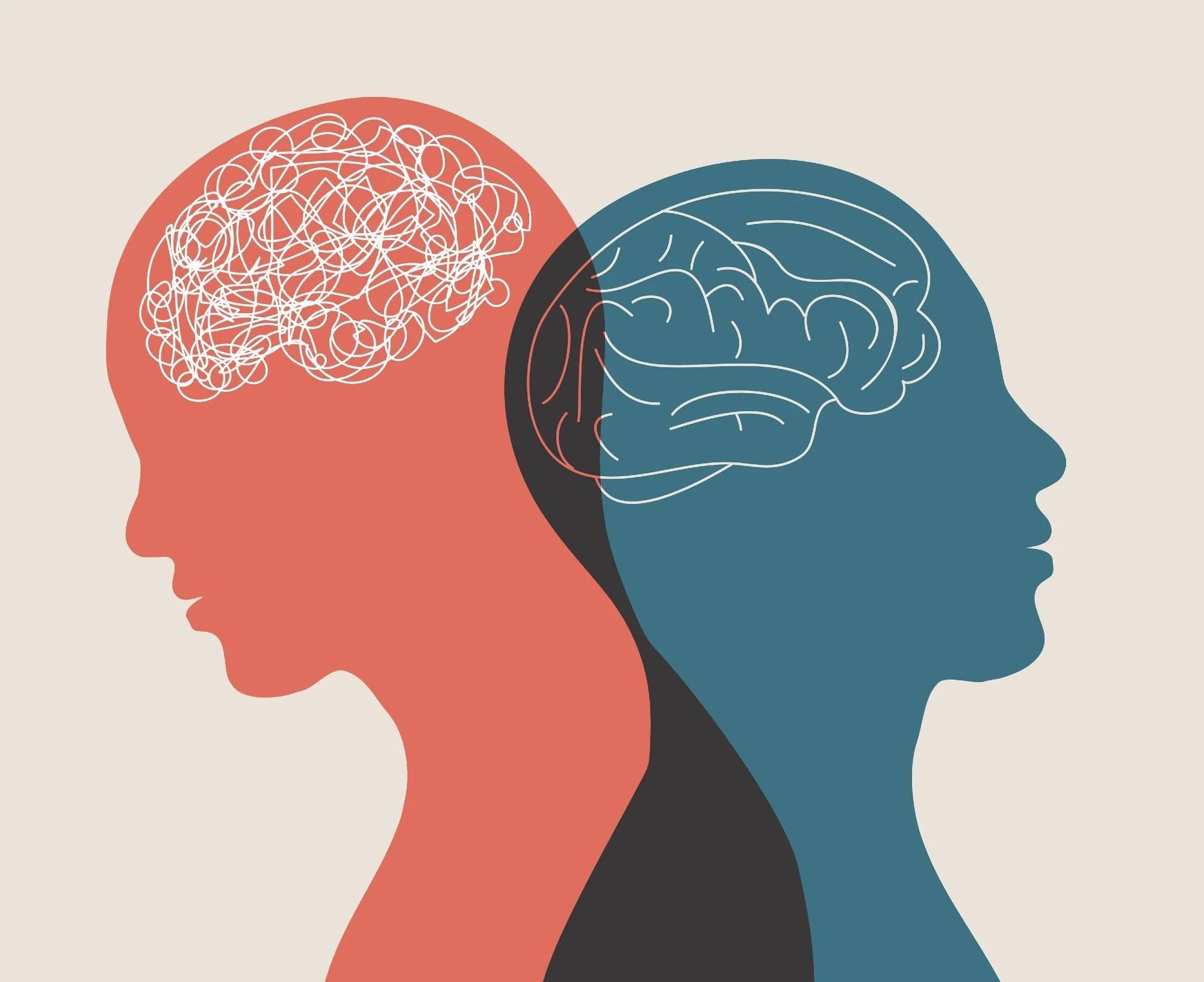Mental illness has always carried an unfavorable stigma in the Philippines. Discussing it is considered as a taboo topic.
People with mental disorders often find it hard to seek treatment not only because of the lack of access to healthcare systems but also due to widespread discrimination against patients or those undergoing depression.
This trend has worsened during the Covid-19 pandemic, where many – especially the youth – becomes vulnerable to mental illnesses due to isolation from friends and society.
Laguna province, in fact, now tops the number of people with mental health disorders in the Calabarzon region, health experts said.
Of the 2,015 cases of mental health disorders reported in the region, Laguna province reported 764 cases, followed by Quezon with 509 cases; Cavite, 278 cases; Batangas, 243 cases, and Rizal, 222 cases.
Community-Based Approach
With many mental health patients still lacking access to affordable healthcare, the Department of Health (DOH) is now adopting a “community-based” approach in mental health.
According to the DOH, this approach not only ensures that those suffering from mental health disorders will get treatment but also educates their relatives and peers and the general public on the issues of mental health.
This approach is part of its five-year Mental Health Strategic Plan as part of its bid to promote mental health literacy and address the stigma in seeking professional help.
The Mental Health Strategic Plan is a five-year framework in reducing premature mortality, prevent and treat substance abuse, and reduce the vulnerability of individuals and communities to mental, neurological, and substance use disorders.
Deinstitutionalizing for Access
According to DOH, the plan will deinstitutionalize mental health care by easing access to support services in the communities with its collaboration with the Quirino Memorial Medical Center in Quezon City.
“In Calabarzon, many have already adopted the community-based approach on mental health. Municipal and City Health Officers who were already trained are helping diagnose patients,” Geneva Calanog, Mental Health Program Outcome Manager of DOH Calabarzon, said.
“It’s either sila mismo ‘yung tumitingin sa pasyente or minsan bumababa kami na may kasamang psychiatrist from the Quirino Memorial Medical Center and the National Center for Mental Health para mag-supervise. Kasi minsan, kahit trained ka na mayroon pa ring mga agam-agam to diagnose whether this is really a mental health situation,” she added.
Post-Training Supervision
To further capacitate health workers in addressing the mental health gap in the region, the DOH said they will also conduct post training supervision in the community.
“[Starting] the first quarter next year, we will conduct post training supervision to see if the Municipal Health Officers are practicing the mental health gap. We also need the masterlist of patients for the allocation of psychotropic drugs.”
Calanog believes that although mental, neurological, and substance abuse literacy among the general public is improving, patients are still hesitant to seek professional health due to stigma.
“They are ashamed to seek professional help, in fear that they will be judged. Although times have changed, and mental health is freely discussed, stigma [on the issue] still exists,” Calanog said.
#OpinYonLaguna #MentalDisorders #MentalIllness #Stigma #Discrimination #Depression #Covid19 #Pandemic #DOH #MentalHealth #OpinYon #WeTakeAStand
